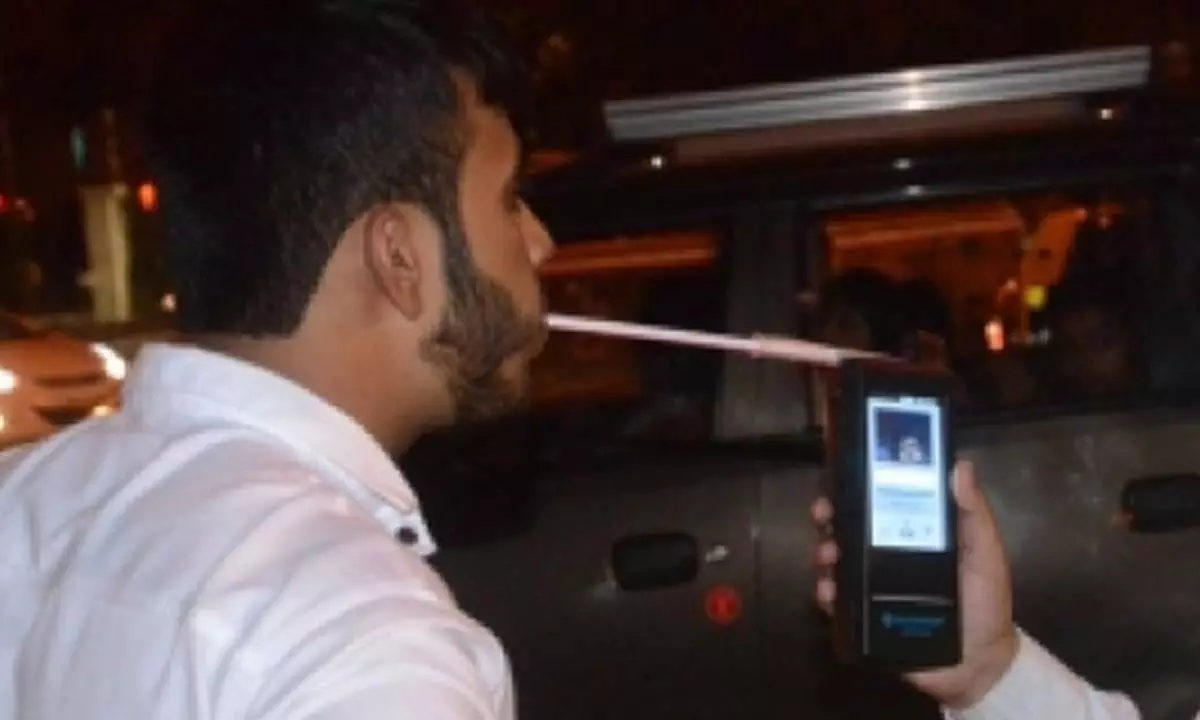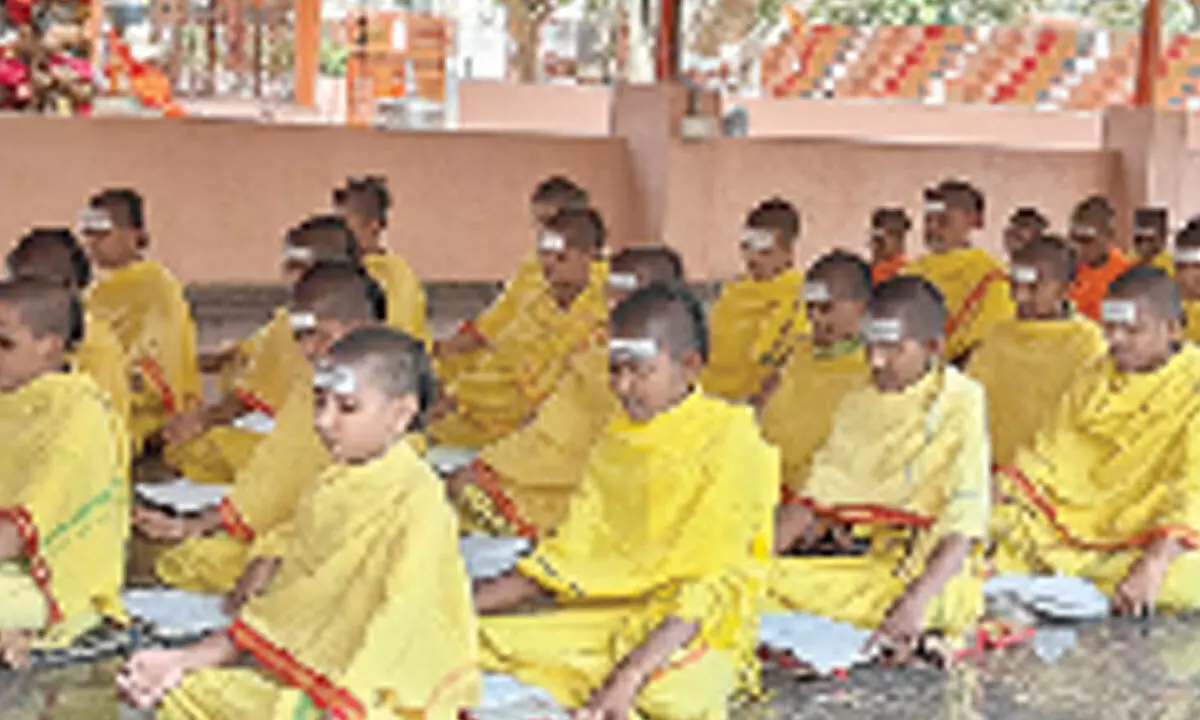Hyderabad – The Telangana State Education Department is finding it hard to manage and regulate education for Classes XI and XII. A growing number of parents and students have raised concerns about being misled or overcharged by private institutions.
The issue stems from the fact that multiple boards and legal frameworks control intermediate and higher secondary education. These include the Telangana Board of Intermediate Education (TGBIE), the Central Board of Secondary Education (CBSE), the Council for the Indian School Certificate Examinations (CISCE), and the International Baccalaureate Organisation (IBO). Each board follows its own rules, leading to confusion and gaps in oversight.
In Telangana, the State Education Department grants No Objection Certificates (NOCs) to allow colleges to run intermediate courses. Colleges affiliated with the TGBIE usually operate as day schools, while corporate junior colleges also offer hostel facilities along with intense coaching programs.
Recently, the TGBIE started enforcing the Telangana Education Act of 1982. This law defines an educational institution broadly, including hostels and homes attached to schools or colleges. However, it does not cover private tutorial centers, which many colleges use to run coaching programs separately.
The board introduced new hostel regulations, requiring proper space, safety measures, and financial guarantees like caution deposits. But many corporate colleges pushed back and challenged these rules in court, claiming the board had no jurisdiction over their hostel setups.
A senior official from the Education Department told The Hans India that corporate colleges want their hostels excluded from state regulation. However, the board insists on oversight due to rising student complaints. Many allege poor hostel conditions, extreme academic pressure, and even link these issues to a rise in student suicides.
Adding to the problem, many of these colleges offer coaching for competitive exams like JEE, NEET, CA, CS, and ICWA. Students attend these classes, but their attendance is marked under regular junior colleges. This setup is mainly used to help them appear for annual board exams while focusing on coaching.
These corporate colleges charge steep fees—from ₹2 lakh to ₹5 lakh per year—covering tuition, coaching, hostel, food, and transport. Yet, the TGBIE cannot regulate coaching activities, as they fall outside its legal scope. This loophole has made it difficult for the board to take any action against non-compliant institutions.
With overlapping responsibilities and limited authority, the State Education Department is struggling to protect students while enforcing standards across different types of education providers.











